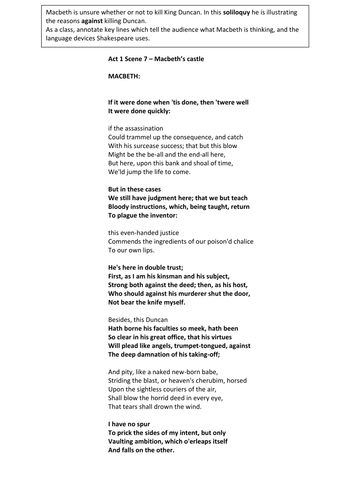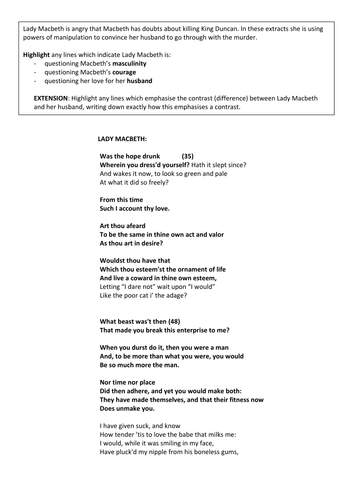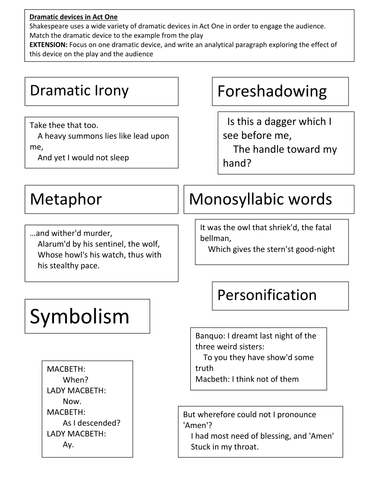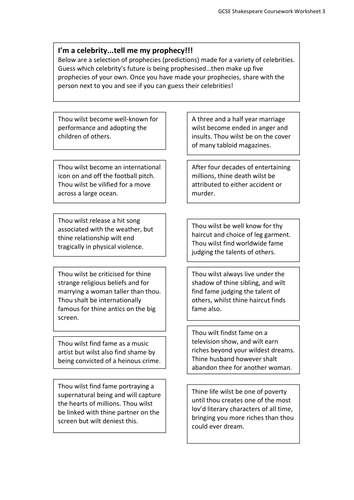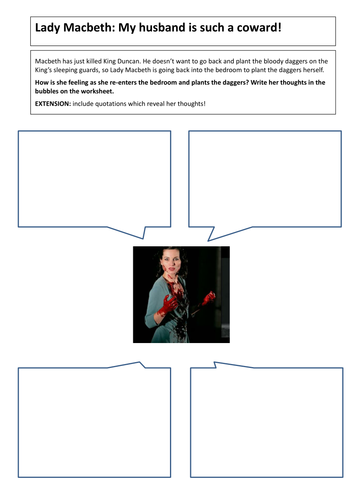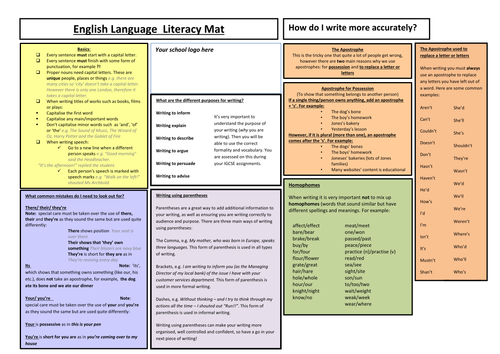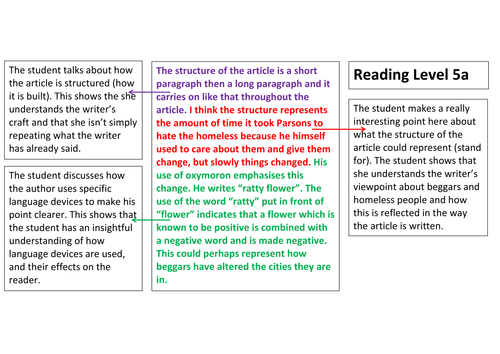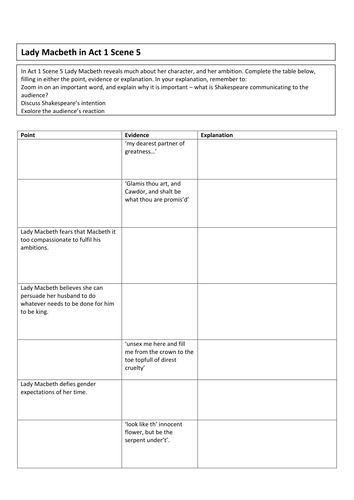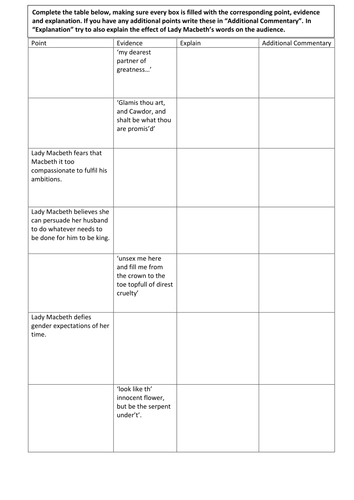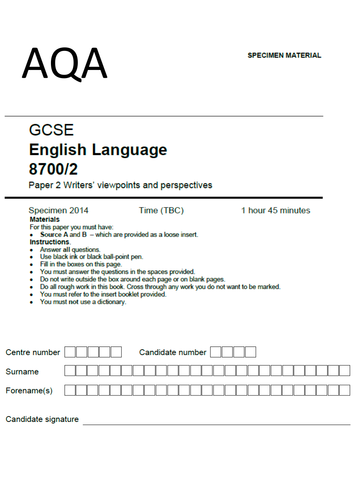Nikihb's Shop
Hi there, and welcome to my shop. I am a secondary school English teacher of fifteen years, and I love my subject. One of the best rewards in my job is designing resources that students find engaging and interesting, and which help them make good (to outstanding!) progress. You can find those resources right here! All the resources found in my shop are tried and tested, I hope you find something useful for your classroom!


